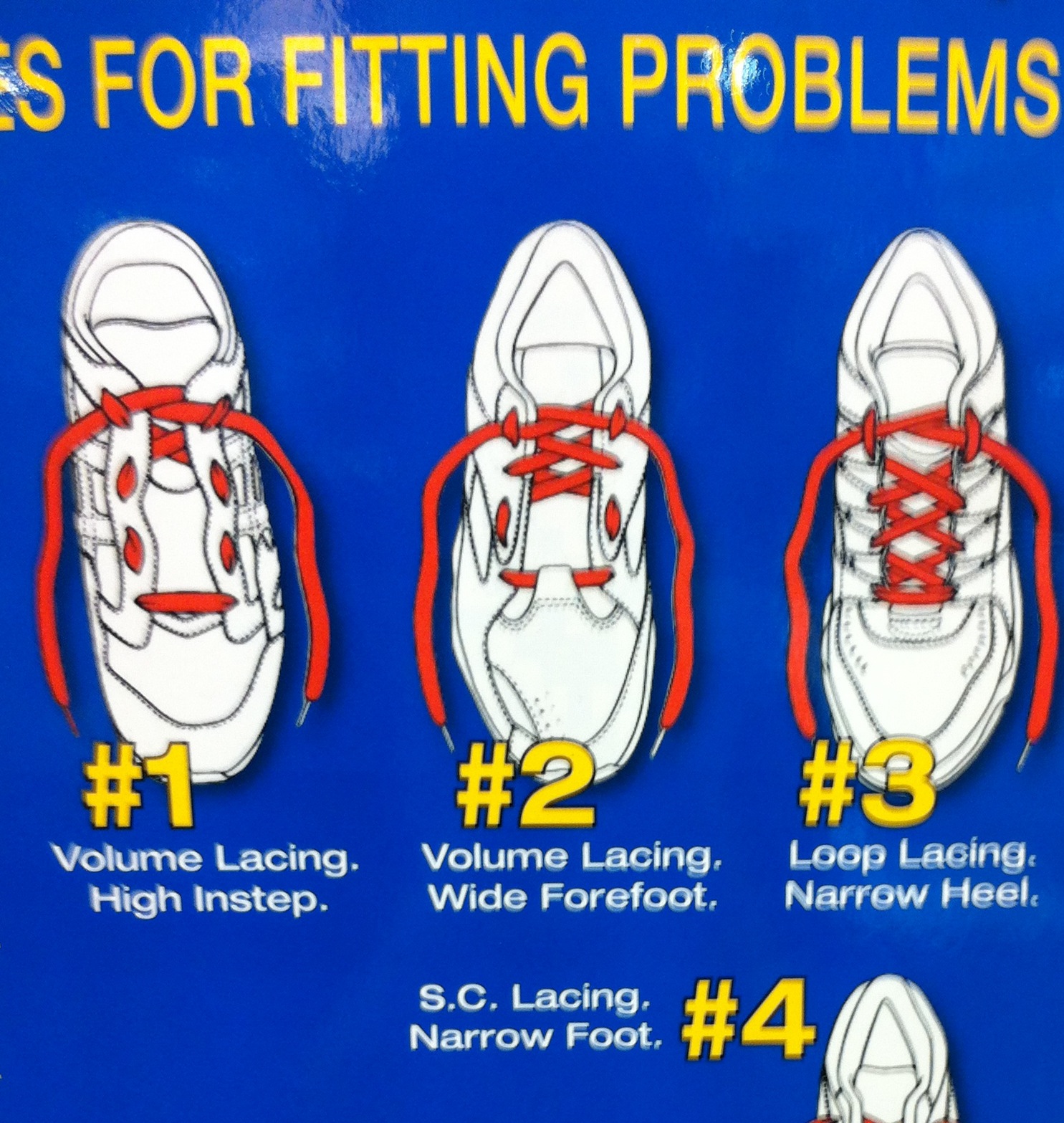Coaching and criticising - I wish I'd done Parenting 101
/I’ve read a few commentators lately who say that parents and teachers have become too hesitant to criticise or fail children and let them compete with one another. Everyone gets a ribbon on sports day (for participating), we don’t score soccer matches (at least not in the kids’ hearing) and in some schools, As Bs and Cs have been replaced by Aardvarks, Berries and Cats (can you also get Ducks, Eggs and, God forbid, Feng shuis?). We’ve created a generation full of swagger, young adults who expect everything for no effort. Finland and Asian countries consistently outperform us, or so the argument goes, because they compete more.
Before we go too far along this track, I just want to point out that while competing may drive results in the successful Asian countries – I haven’t seen the research – the goal of school education in Finland is equity not excellence, which doesn’t thrive on competition. Finland does well in international tests because all students do better which is what they set out to achieve. But what about Australia? Has seventies self-esteeming swung the pendulum too far? Should we bring back a bit of biff on the field, class in the classroom, a culture of winners and losers, so that if nothing else, children learn what life’s really bloody like?
I don’t think so, or at least I don’t think competition and criticism are what’s lacking. I think some of us are still very critical of our children, just as likely to say the horrible things our parents said to us, doing just as much damage. Self-esteem is probably as shaky and elusive as psychologists say it is. And today’s young adults, with their soccer or spelling swagger, also have the highest youth suicide rates in history. Recent research into the tiger mother approach – pushing kids hard using competitiveness and especially shaming – shows it doesn’t actually help children achieve better but it does help make them unhappy grownups.
But there is something missing in our current approaches, and it might be that in our best efforts to help build self esteem, we’ve conflated it with being good at things, which is not only confusing for children, it’s also potentially damaging in building the very self esteem we’re trying for. Esteeming yourself comes from knowing you have intrinsic value apart from all the things you can do and jump over and score on. I can say all this because when it comes to recognising the difference, I started out pretty ordinarily.
When my son started tennis last year, he said he really liked his coach. I asked what he liked and he said, “He doesn’t just say that’s so-o-o good. He tells you what you’re doing wrong and how to do it right. And I’m improving.” Although my son didn’t intend it, his “so-o-o good” sounded exactly like me reflecting on his performance on just about anything. So I started watching the tennis coach. I had to agree. He noticed everything every kid did, he knew what parts of the body had to move in any kind of play, and he was able to communicate this clearly and with humour and warmth and then give specific feedback. It’s not that he’s never positive, but he relates feedback to performance. “Like this. Better. You followed through that time. See? No more grannypops. I want to see super top spin. That’s the way.” He never ever tells players they’re so-o-o good.
I used to tell my son he was smart but I don’t anymore. Now, I try to identify what he’s actually done to do well and I comment on that. This is very hard and I have to really work at it because it’s not what I’m used to. When he fails something, I try to help him understand what he could do differently if he wants to do better. Telling him he’s smart is really telling him that improving is in the lap of the gods and nothing to do with him. It’s been a hard learning, and his tennis coach is just a natural at it. Pity he doesn’t offer parenting classes as well. I for one could use them.
Based on the column published in The Courier-Mail Qweekend on 7 September 2013. I write mainly about writing, education, birth, health and the thrill of parenting. You can Get in touch, tick the box to receive emails, Like Writer Mary-Rose MacColl on Facebook or follow MaryRoseMacColl on Twitter. Have a great day!



